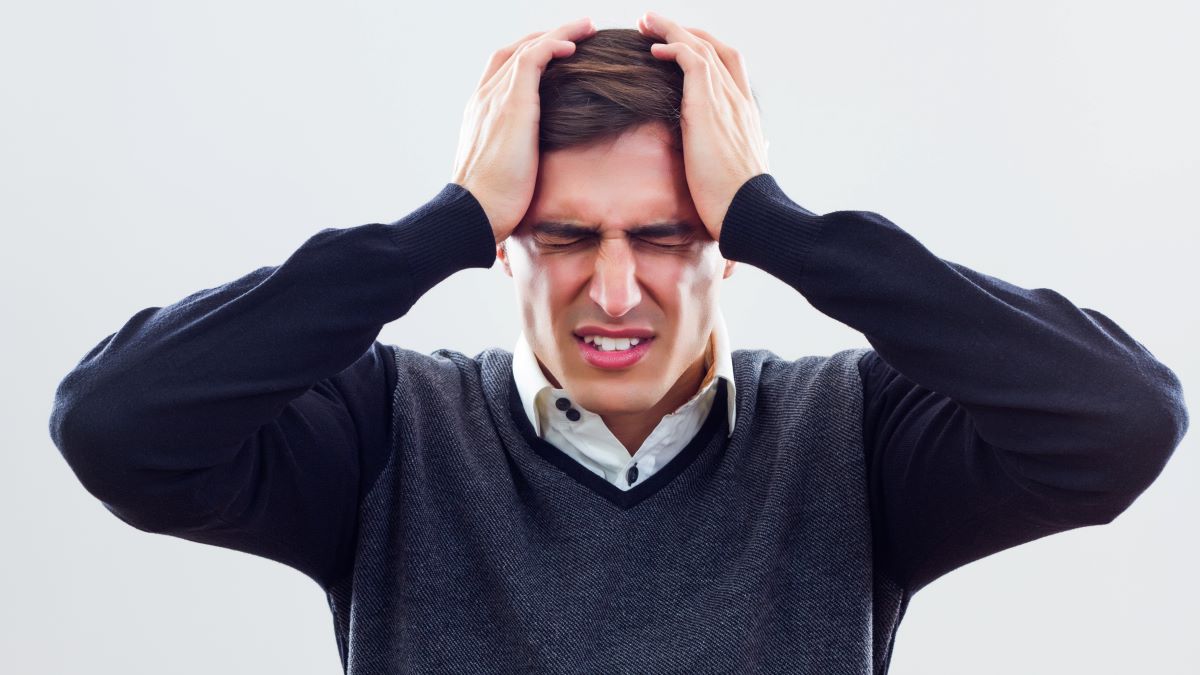Headaches always cause a lot of discomforts, interfering with the everyday life of the affected person. In addition, there are several types of headaches. Therefore, a proper diagnosis is essential to assigning the treatment and restoring the patient’s normal functioning.
Headache diagnosis
To determine the headache cause, the doctor generally explores the patient’s headache history, performs physical and neurological exams, and requests specific tests.
- Headache history. The doctor may ask you questions about the duration, frequency, intensity, type, and other characteristics of your headache. The healthcare provider may also be interested in the patient’s family history of headaches and how this condition affects a person’s everyday life.
- Physical examination. During this procedure, the doctor checks for signs and symptoms of an underlying condition that may cause headaches.
- Neurological tests. These tests aim to rule out diseases of the brain or nerves that may result in headaches.
- Psychological evaluation. The doctor doesn’t recommend such examination routinely. However, in some cases, a visit to a psychologist may reveal stress factors responsible for headaches.
- Tests. The doctor may request some tests that help diagnose the cause of headaches. These tests may include:
- Blood chemistry tests
- Urine analysis
- Magnetic Resonance Tomography (MRI)
- Computerized Tomography (CT) scan
- Electroencephalogram (EEG)
- Sinus X-rays
- Spinal tap
- Eye exam
Headache treatment
Generally, people are familiar with medications that can help reduce or eliminate headaches. However, medicines are not the only option. Alternative therapies, avoiding triggers, and changing lifestyle may also benefit and help manage headaches.
Headache medications
The type of medications assigned depends on the type of headache that affects the person. Headache medicines include:
- Pain relievers. Simple over-the-counter painkillers are usually the first line of treatment for headache pain relief. Such medications include aspirin, ibuprofen, acetaminophen, and naproxen. However, it is worth mentioning that these drugs may result in rebound headaches if taken too much. Therefore, you should see your doctor if you frequently feel the need to take these medications.
- Triptans. These medications help manage migraines.
- Pure oxygen inhalations. Doctors have found that this method can help relieve cluster headaches.
- Antibiotics. These medicines help manage headaches that occur as a result of bacterial infection. They are used to relieve sinus headaches.
Headache therapies
Some alternative therapies can help manage headaches and reduce or eliminate the pain associated with them. Such procedures include:
- Osteopathy. It involves manipulations and soft tissue techniques applied to the head, neck, and upper back.
- Acupuncture. In this practice, placing thin needles at specific points on the body may help relieve pain. This method may help people suffering from tension and migraine headaches.
- Cognitive behavioral therapy (CBT). This program combines meditation and relaxation with education about motivation, behavior, and handling emotions. With psychotherapist assistance, you can learn how to respond to stress and deal with negative thoughts. This method may help people affected by tension and migraine headaches.
- Biofeedback and relaxation. Through biofeedback, you can learn to control how your muscles react to stress. It may help prevent or alleviate tension headaches.
- Mind-body medicine. This method may involve hypnosis, deep breathing, visualization, meditation, and yoga. In turn, these practices may relieve pain by helping you cope with stress. Hypnosis may also reduce pain perception. People suffering from tension headaches may benefit from this method.
- Botulinum toxin (or Botox). Usually, it is used to deal with wrinkles. However, the FDA has approved it for adults to prevent chronic migraine headaches. You can get Botox shots in your head and neck every three months if you suffer from migraines 15 or more days per month.
How to avoid triggers that cause headaches
Knowing what triggers your headaches is essential to avoid them. It can be things like alcohol, caffeine, specific food, noise, etc. If you want to find out what triggers your headaches, you may benefit from keeping a headache diary. It includes answers to the following questions:
- When did you first start experiencing headaches?
- How frequent are headaches?
- What symptoms do you have before a headache begins?
- What is the location of the pain?
- What is the duration of the headache?
- What time of day do the painful sensations occur?
- Do you seem to get them after eating certain foods?
- If you are a woman, at what point in your monthly cycle do headaches occur?
- Does anything in your environment trigger headaches (smells, noise, or particular weather)?
- How would you characterize the pain?
















Leave a Reply
You must be logged in to post a comment.